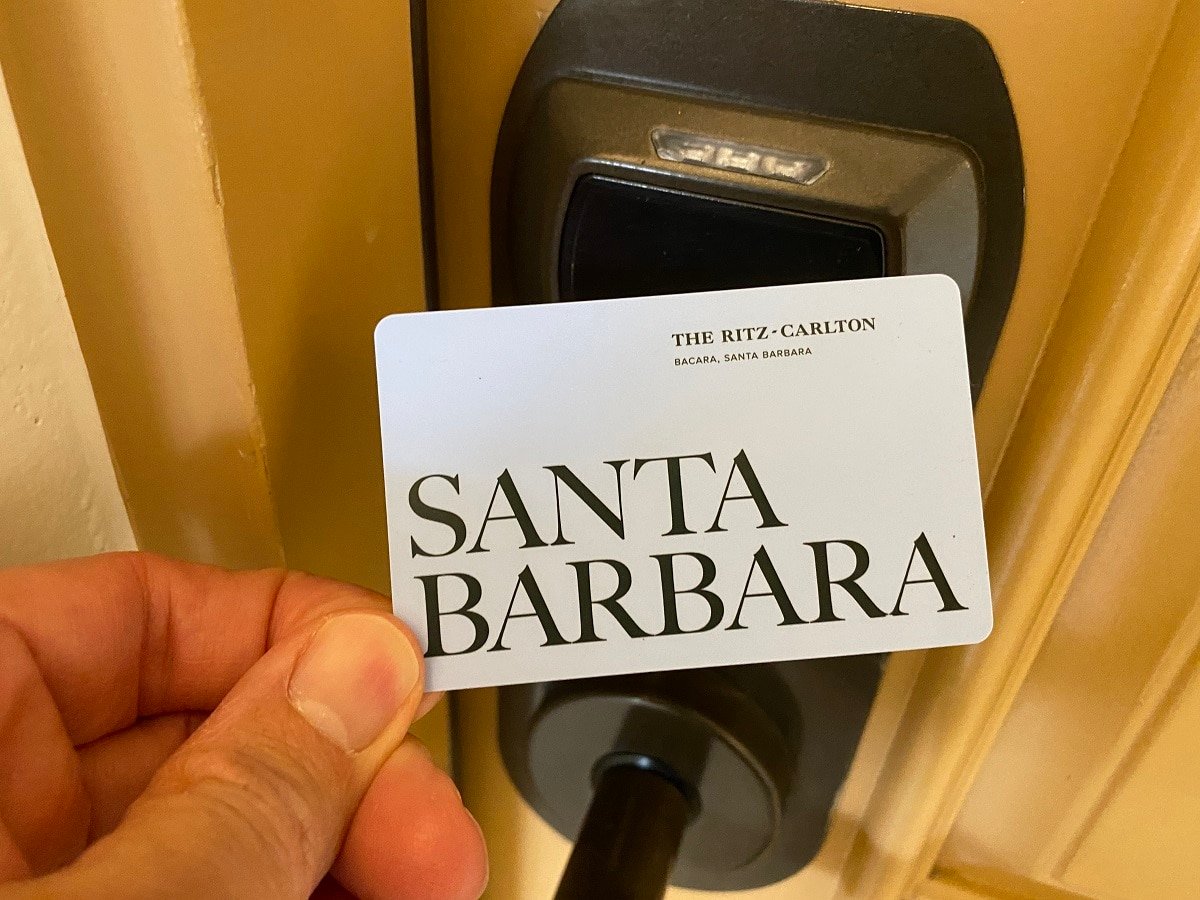This post contains references to products from one or more of our advertisers. We may receive compensation when you click on links to those products. For an explanation of our Advertising Disclosure, visit this page.
If you haven’t used credit cards before, the concept can be a little scary. Make no mistake: if you’re not the type of person who budgets carefully, it’s easy to get in over your head with credit cards. This is the reasoning behind the writings of many personal finance authors, many of whom recommend that you don’t carry any credit cards–or if you have one at all, you use it only in emergencies. You may think with all the advice out there, ‘how do credit cards work’? Let’s take a closer look.

How Do Credit Cards Work – A Closer Look
Only using a card credit for emergencies is good advice for some people, but not savvy consumers. People who are paying for everything in cash are leaving money on the table, helping to subsidize a rich set of benefits that people who pay with credit cards can enjoy for spending they are already doing anyway.
The reason behind this is interchange fees. Whenever you buy something with a credit card, merchants pay around 3% of the transaction in fees which are split between your bank and the credit card processor. If you carry a travel rewards credit card, part of the fee is refunded to you in the form of points, a cash rebate, or some other incentive to use the card.
Banks have gotten so generous with rewards that it’s almost a break-even proposition for them. Banks rely on the fact that statistically, you will end up paying fees and interest that earn them a profit. Therefore, it’s important to pay attention to what you’re doing when it comes to credit cards if you want to come out ahead.
The key to understanding the deal you are getting is the account disclosures which you can view on every application page. Be sure to review and understand the following terms to learn more about ‘how do credit cards work’.
Grace Period
Most credit cards give you time to pay the balance in full without being charged interest (note that some American Express Membership Rewards cards don’t even offer the option of being charged interest but require payment in full every month). This is called the grace period.
Avoid any credit card that doesn’t have a grace period, because it means you’ll always be paying interest. If you pay the bill in full by the time the grace period ends (which is usually 25 days after your statement is printed), you won’t owe any interest.
Warning: There is almost never a grace period for cash advances, and some purchases (such as lottery tickets, bail bondsmen or casino chips) are categorized and charged as cash advances. Making matters worse, cash advances are usually not eligible for rewards. As a rule of thumb, avoid doing these.
Cash Advance Fee
If you take a cash advance from a credit card, you’ll usually pay a transaction fee plus a higher interest rate.
Late Payment Fee
If you make a late payment, they will charge you a fee plus interest plus (sometimes) a higher penalty interest rate.
Annual Fee
The annual fee is the amount of money you pay each year to have the credit card. While there are cards with no annual fee, most rewards cards have annual fees, and these can really add up.
Many personal finance articles repeat “avoid any card that has an annual fee.” This just isn’t good advice. Cards with annual fees can deliver excellent value, depending upon your personal situation. For example, a miles credit card from your favorite airline that saves hundreds of dollars in bag fees annually would be a great value at a $95 annual fee.
However, if you stopped flying as much, the value may no longer remain. Review your card portfolio at each renewal to make sure you’re still getting value. Don’t be afraid to ask the bank to change the card into a no-fee card product (or alternatively, close the account if you can’t keep it open without paying a fee).
Foreign Transaction Fee
If you have a credit card with, for example, a 3% foreign transaction fee, this means the bank charges you an extra 3% fee on every transaction you make outside of the US. There is no reason to pay these fees because plenty of cards (including the entire Capital One card portfolio) have no foreign transaction fees. The fees will more than likely erase the value of any rewards you’d earn.
If you plan on traveling abroad often, consider one of the best credit cards for international travel.
APR
If you use the bank’s money and don’t pay it back during the grace period, they will charge you interest. There is typically one lower rate for purchases and a higher rate for cash advances. Generally, the rate is variable, based on the prime or LIBOR rate plus a percentage. This means that your rates will increase when interest rates increase.
Rewards credit cards tend to have higher interest rates than other cards. These are usually not the best cards to use if you plan to carry a balance. If you do need to borrow money and want to use a credit card to do it, look for card products that have a low-interest rate. These cards typically don’t offer any sort of rewards, but the value of the rewards you’d earn may be much less than the difference in the interest you will pay.
Penalty APR
When talking about ‘how do credit cards work’, we have to mention penalty APR. If you make a late payment, the bank may reset your interest rate to a higher “penalty” rate. These rates are very high. If you find yourself paying a “penalty APR,” you should try to pay off the entire balance as quickly as possible.
Minimum Finance Charge
If you have a low balance, the minimum finance charge can be a large percentage. If you allow a $10 balance to carry over, for example, and the minimum finance charge was $1, you’d effectively be paying 10%. Be sure to pay off small balances to avoid high minimum finance charges.
How Do Credit Cards Work Wrap-Up
So how do credit cards work? If you use a credit card responsibly and pay off the bill in full every month, credit cards are an incredible financial tool that can offer value on items that are important to you such as travel or for growing your business with travel rewards. If you end up paying fees and interest, the costs can be greater than the rewards. Analyze your budget, monthly purchases, and spending goals to help you best determine the card for you.







